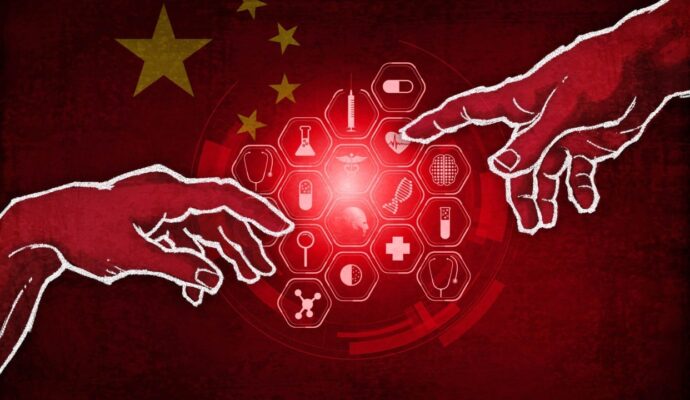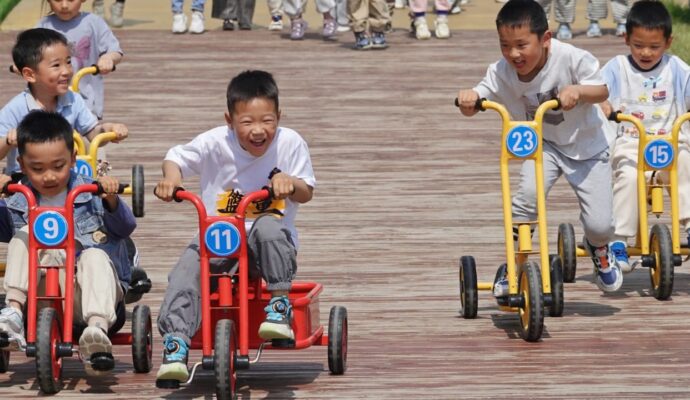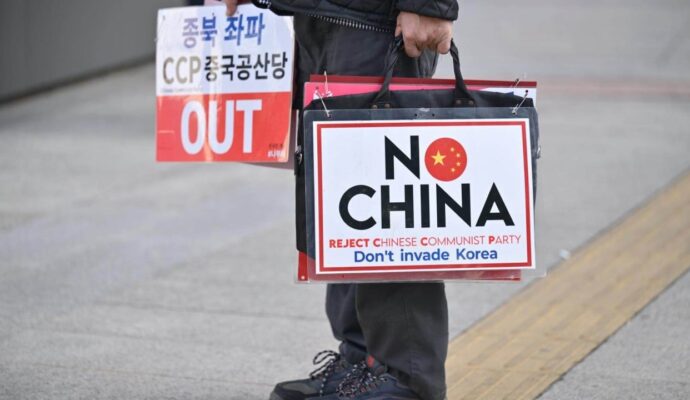Relations between the two neighbours have been particularly tense in recent years following a brawl in 2020 along their disputed border in the Kashmir region where at least 20 Indian and four Chinese soldiers died.
Yet Beijing and New Delhi have kept up efforts at dialogue. Earlier this month Wang met with his Indian counterpart Subrahmanyam Jaishankar on the margins of an Association of Southeast Asian Nations meeting of East Asian foreign ministers in Jakarta.
During his meeting with Jaishankar, Wang urged India to meet “China halfway and find a solution to the border issue that is acceptable to both sides”.
Beijing was “highly concerned about India’s recent restrictive measures against Chinese companies, and hopes that India will provide Chinese companies with a fair, transparent and non-discriminatory business environment”, Wang said in Jakarta.
Senior Chinese diplomat Yang Jiechi was also expected to meet Doval in Johannesburg, where the national security advisers of Brics members were gathering on Monday and Tuesday this week.
The officials were weighing a coordinated security cooperation mechanism within the association comprising Brazil, Russia, India, China and South Africa. The interest comes amid geopolitical security threats as the war in Ukraine stretches on and tensions play out in a prickly US-China relationship.
Brics economies now account for more than 31 per cent of global GDP, according to South Africa’s Brics ambassador, Anil Sooklal. The group’s development bank, established in 2014, seeks to promote the trading of its members’ currencies, aside from financing infrastructure and other development projects.
Indian leader Narendra Modi during a meeting with US President Joe Biden in Washington on June 23. Photo: AP
Brics has evolved from its founding purpose in 2006 of exploring investment opportunities, increasingly becoming a geopolitical force for multilateralism championing an alternative model to Western-led blocs.
The meeting precedes a Brics leaders’ gathering slated for August to which 55 African nations have been invited and poised to be one of the largest-ever meetings of Global South leaders.
New Delhi’s position is delicate, having recently agreed to deepen security and defence ties with Washington, which views Moscow and Beijing as its rivals. Several related deals materialised during a lavish state visit in the American capital that US President Joe Biden hosted for Indian Prime Minister Narendra Modi.
Though Putin will not attend the next Brics summit in August, Modi and Chinese President Xi Jinping have confirmed their attendance. The two are expected to speak on the sidelines, with recent meetings involving the Asian countries’ high-ranking officials widely seen as groundwork for the leaders’ one-on-one dialogue.


